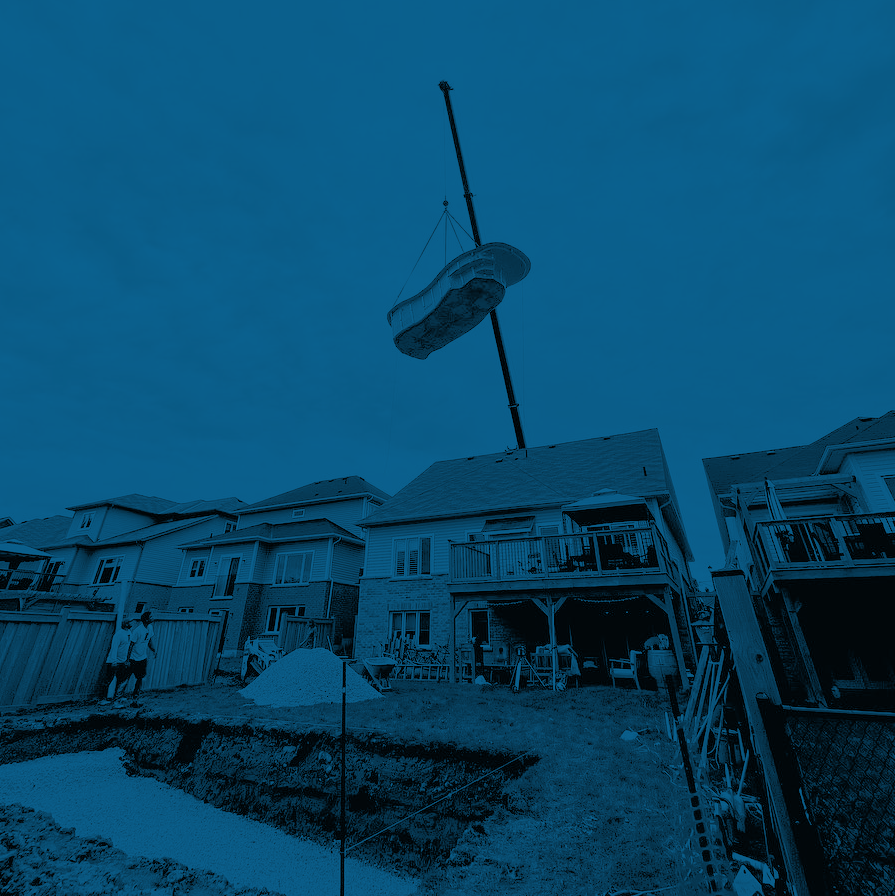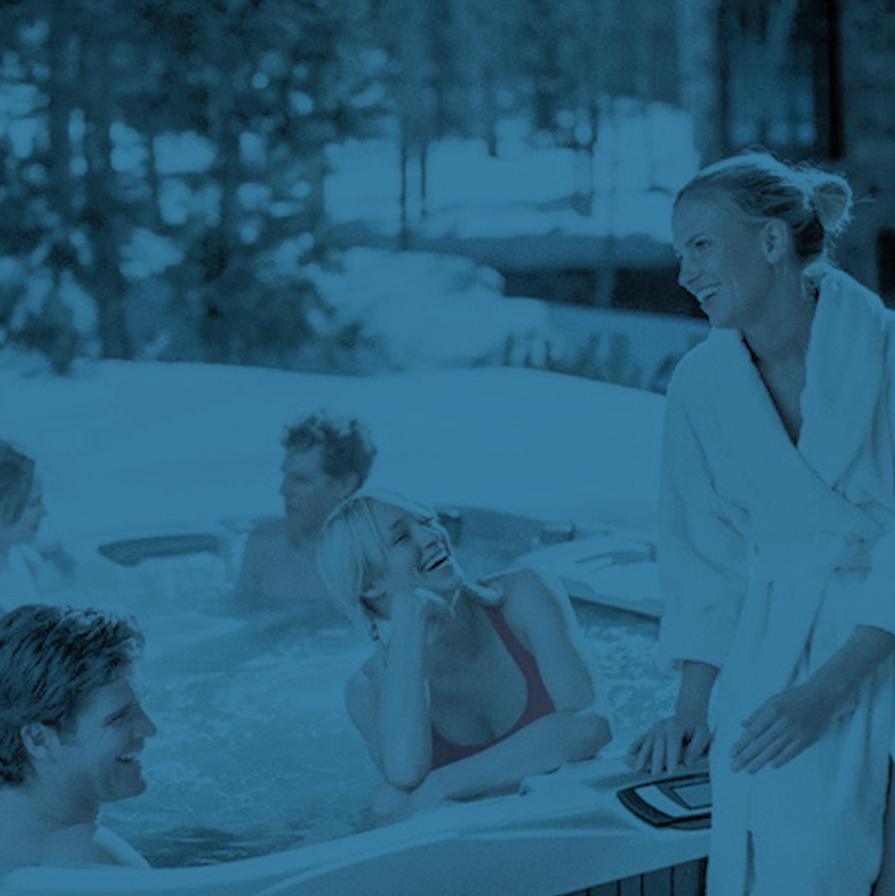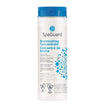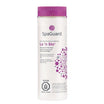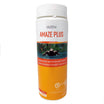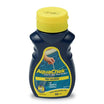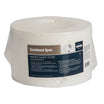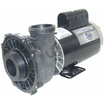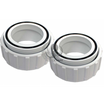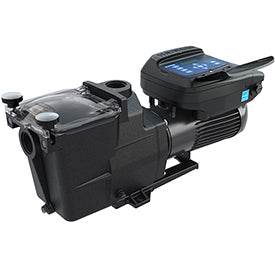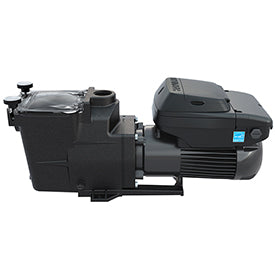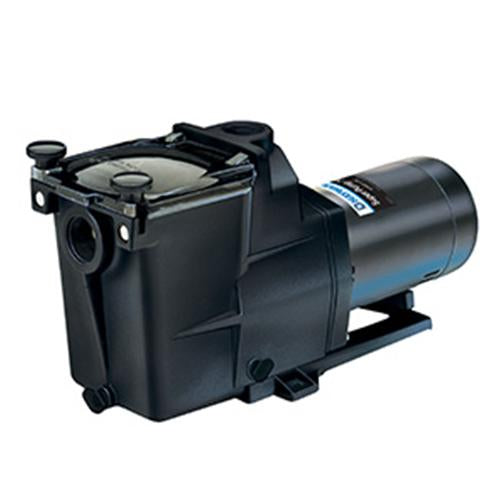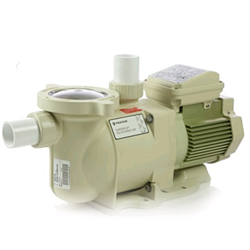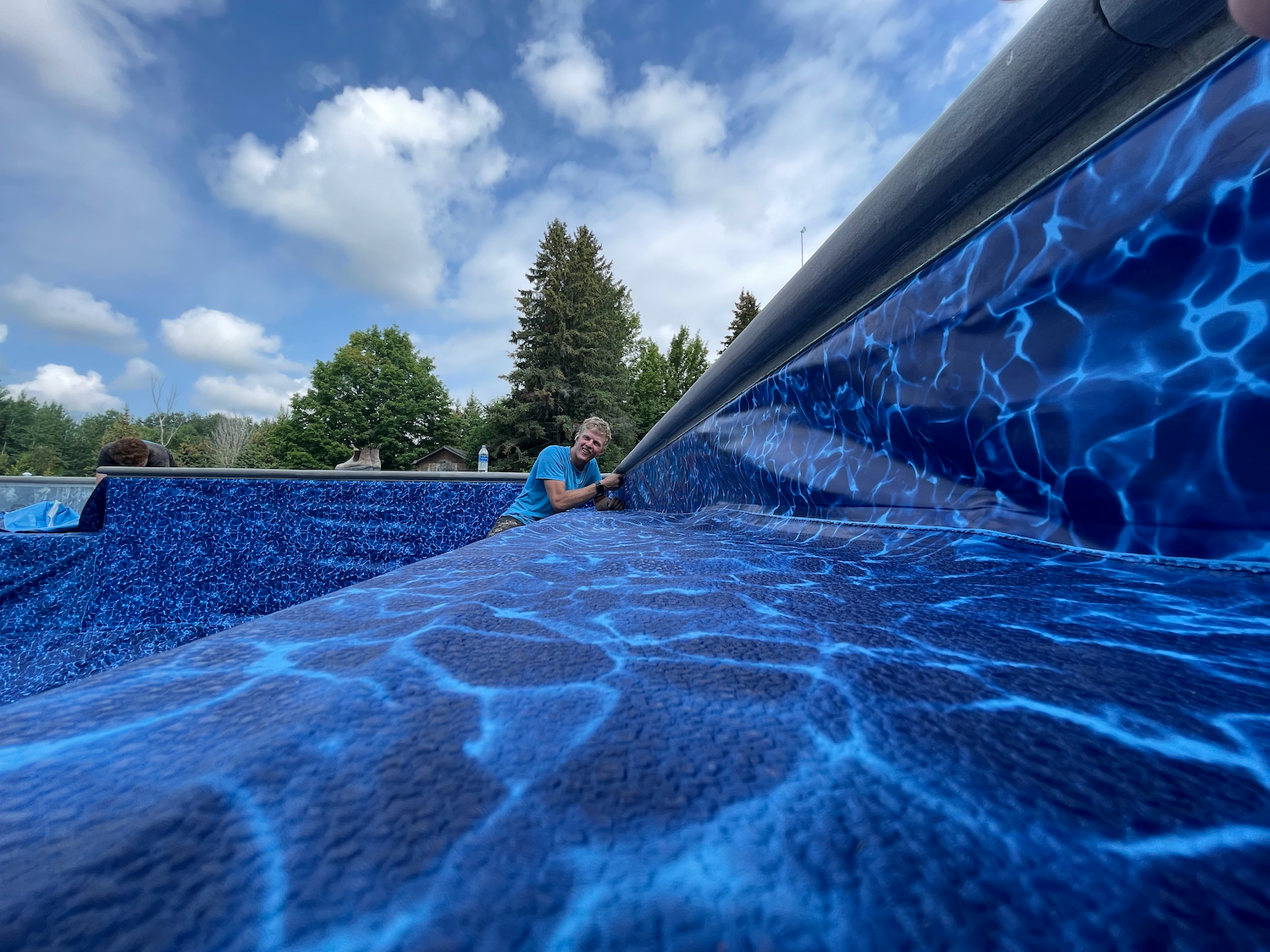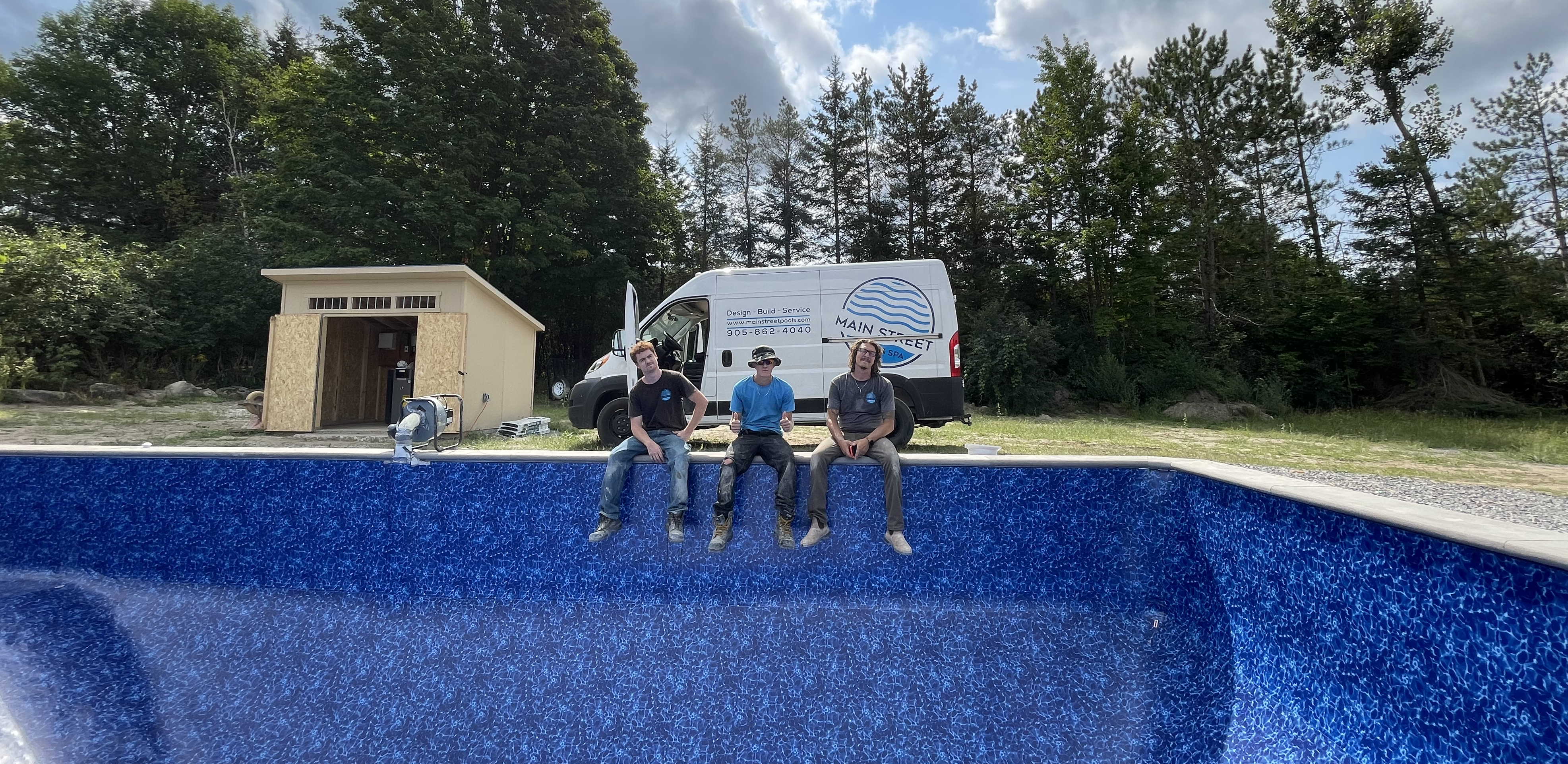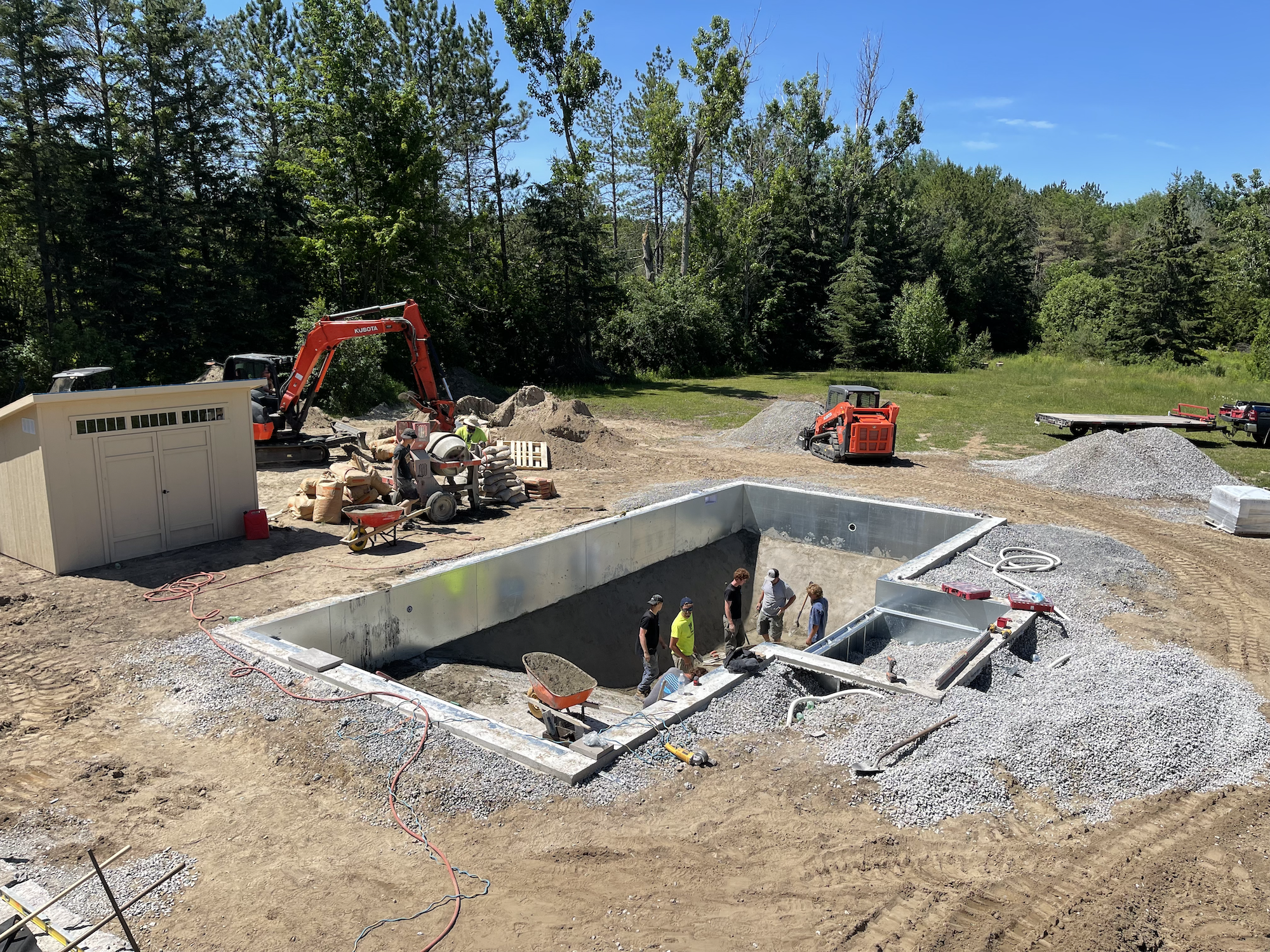Owning a pool is a fantastic way to enjoy the summer and keep cool, but it’s important to consider water conservation, especially given the growing concerns about environmental sustainability. At Main Street Pools, we believe in promoting practices that not only ensure your pool stays clean and enjoyable but also contribute to water conservation efforts. Here are some effective tips to help you conserve water while maintaining your pool.
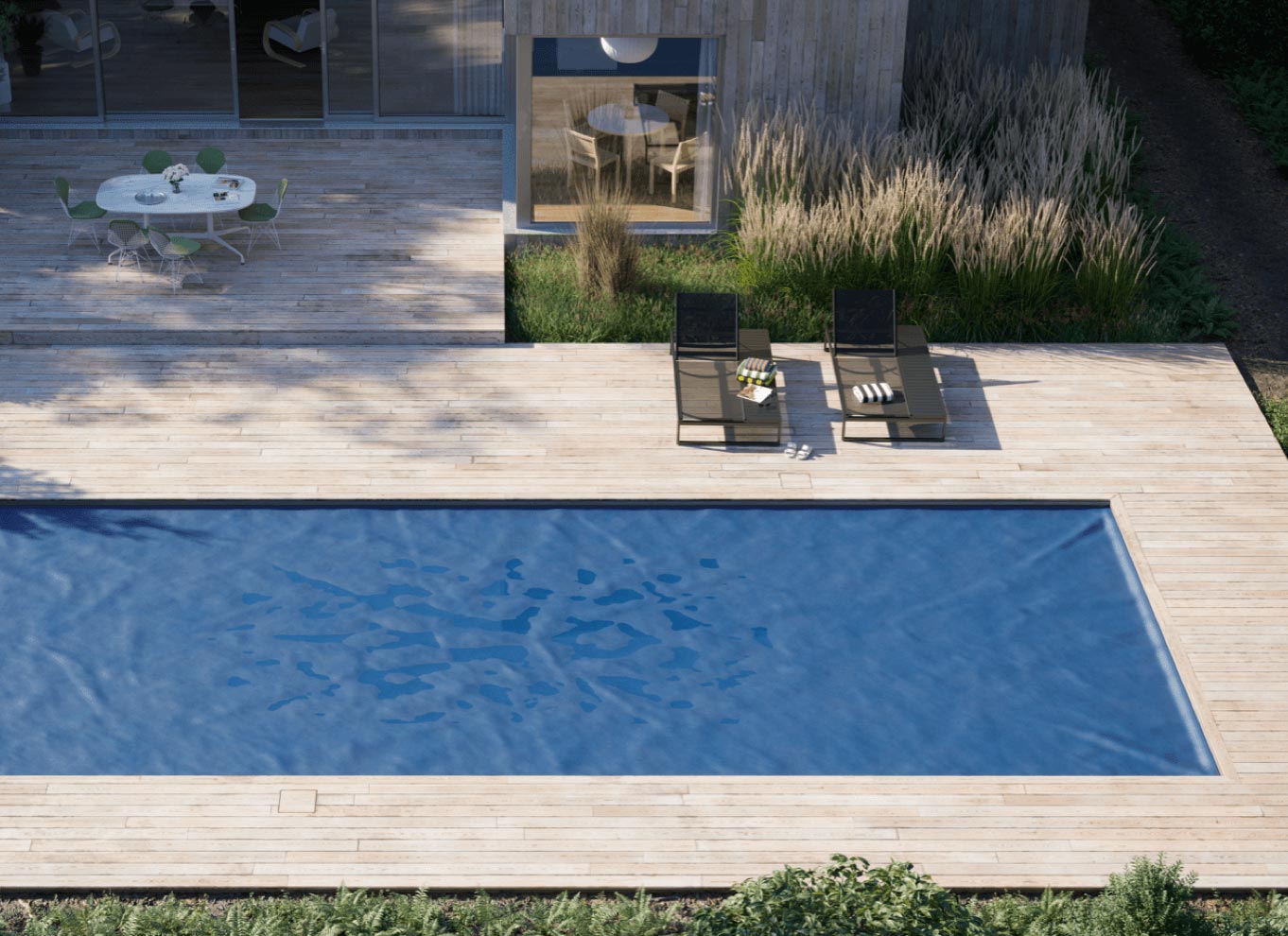
Use a Pool Cover!
One of the simplest and most effective methods for conserving water is utilizing a pool cover. Pool covers significantly reduce evaporation, which can account for a substantial amount of water loss, especially during the hot summer months. By cutting water evaporation by up to 90%, pool covers ensure that the water remains in the pool where it belongs. Additionally, they help keep leaves and debris out, which minimizes the frequency of cleaning and backwashing required, thus conserving water that would otherwise be used in these processes.
Moreover, pool covers maintain the pool’s temperature by retaining heat, which reduces the need for reheating. This not only saves energy but also curtails water loss due to evaporation from heated pools. Overall, using a pool cover is an effective strategy to conserve water, keep the pool cleaner, and maintain a more stable temperature. Make it a habit to close the pool cover after swimming sessions to minimize evaporation.
Solar Pool Covers
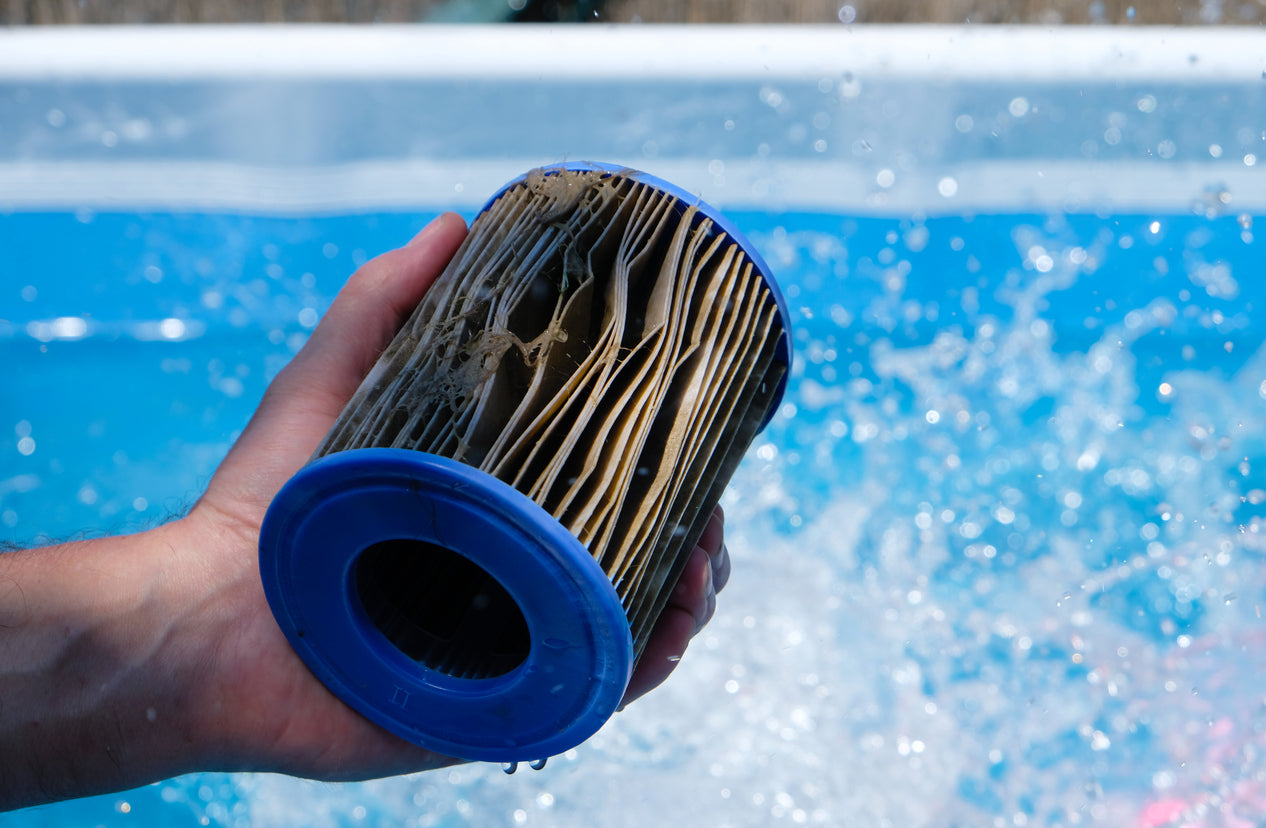
Regular Maintenance and Efficient Cleaning
Proper maintenance of your pool is crucial for keeping it clean and minimizing water wastage. Regularly inspecting your pool for leaks is highly important, as even a small leak can lead to significant water loss over time. Instead of draining and refilling your pool, using a pool vacuum to clean the bottom is a water-saving alternative that helps keep your pool pristine.
Monitoring your filter’s pressure gauge and backwashing only when necessary can prevent excessive water waste. By following these maintenance practices, you can ensure your pool remains clean and water-efficient.
Tip: Encourage swimmers to shower before entering the pool to reduce the amount of organic material that enters the pool, which can reduce the need for frequent filter cleaning.
Optimize Pool Water Level & Water-Efficient Filter Systems
Always maintain the right water level in your pool for effective filtration and water conservation. It is important to avoid overfilling the pool; keeping the water level at the middle of the skimmer ensures proper filtration and prevents unnecessary spillage. Managing splash-out is another key aspect of water conservation. Encouraging gentle swimming can significantly reduce splash-out, which is a common cause of water loss. When children or guests are using the pool, reminding them to avoid excessive splashing can help maintain the water level. By carefully managing both the water level and swimming activities, you can ensure efficient filtration and conserve water.
Upgrading to a water-efficient filter system is a highly effective strategy for saving a substantial amount of water in pool maintenance. Cartridge filters, for example, are a great option as they require significantly less backwashing compared to traditional sand filters. This reduction in backwashing translates directly into water conservation, as less water is wasted during the cleaning process. Additionally, investing in efficient pump systems, such as variable-speed pumps, can further enhance water and energy savings. These pumps are designed to operate at different speeds and can be programmed to run at lower speeds during times of reduced demand. This not only decreases water usage but also lowers energy consumption, making the entire pool operation more eco-friendly.
Pool Pumps

Consider Pool Landscaping
Landscaping around a pool can play a significant role in water conservation. Plant windbreaks are effective in reducing wind exposure, which in turn helps to minimize evaporation from the pool surface. Here’s how you can implement this: plant dense shrubs or trees strategically around your pool area to create a natural barrier against wind. Choose species that are suitable for your climate and can withstand wind conditions.
Solid fences can also act as windbreaks: opt for fencing materials that provide effective wind protection without compromising aesthetics. By reducing wind exposure, you can significantly lower the rate of evaporation from your pool, thereby conserving water over time.
Using permeable surfaces, you can contribute to groundwater recharge and minimize the amount of water that needs to be managed through conventional drainage systems. This approach helps manage rainwater effectively and reduces runoff, which is beneficial for both water conservation and managing stormwater. Here’s how to incorporate permeable surfaces: choose permeable materials for the pathways and areas surrounding your pool. Permeable pavers allow rainwater to infiltrate into the ground rather than pooling or running off. Gravel or Porous Asphalt can also be used effectively to create permeable surfaces around the pool area.
Incorporating these landscaping strategies not only enhances the aesthetic appeal of your pool area but also promotes sustainable water use practices. It’s a win-win situation for both conservation efforts and maintaining an enjoyable outdoor environment.
By implementing these water conservation tips, you can enjoy your pool while being mindful of environmental sustainability. At Main Street Pools, we are committed to helping you maintain a beautiful and eco-friendly pool. For more information on pool maintenance and water conservation, feel free to contact us!
If you have any questions or need assistance with your pool maintenance, Main Street Pools is here to help. Our experts can provide you with the best solutions for a sustainable and enjoyable pool experience.
Stay cool, save water, and keep swimming responsibly!
READY TO START BUILDING YOUR DREAM POOL?
Fill out the form below and we will get started on helping you make your dreams a reality.
